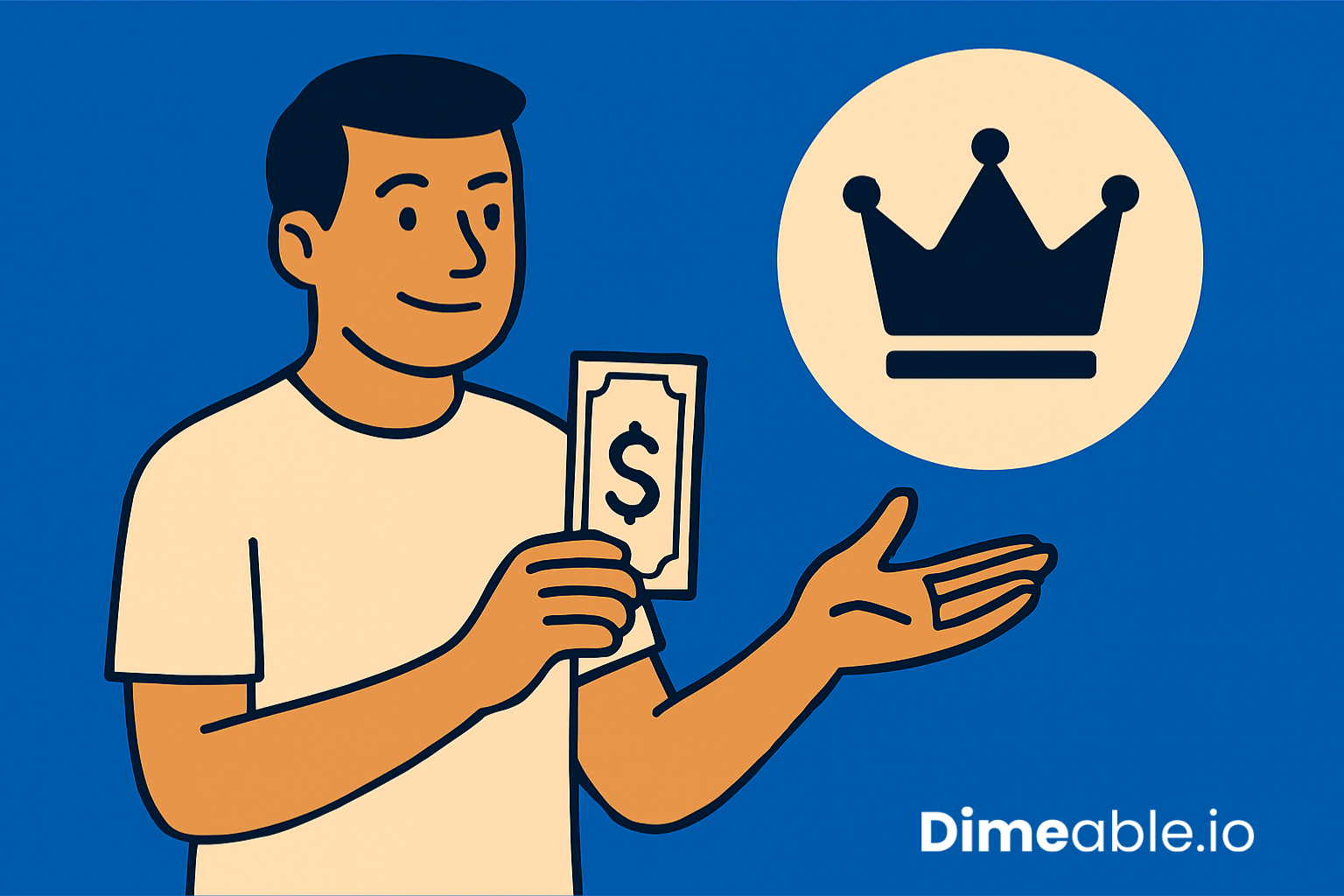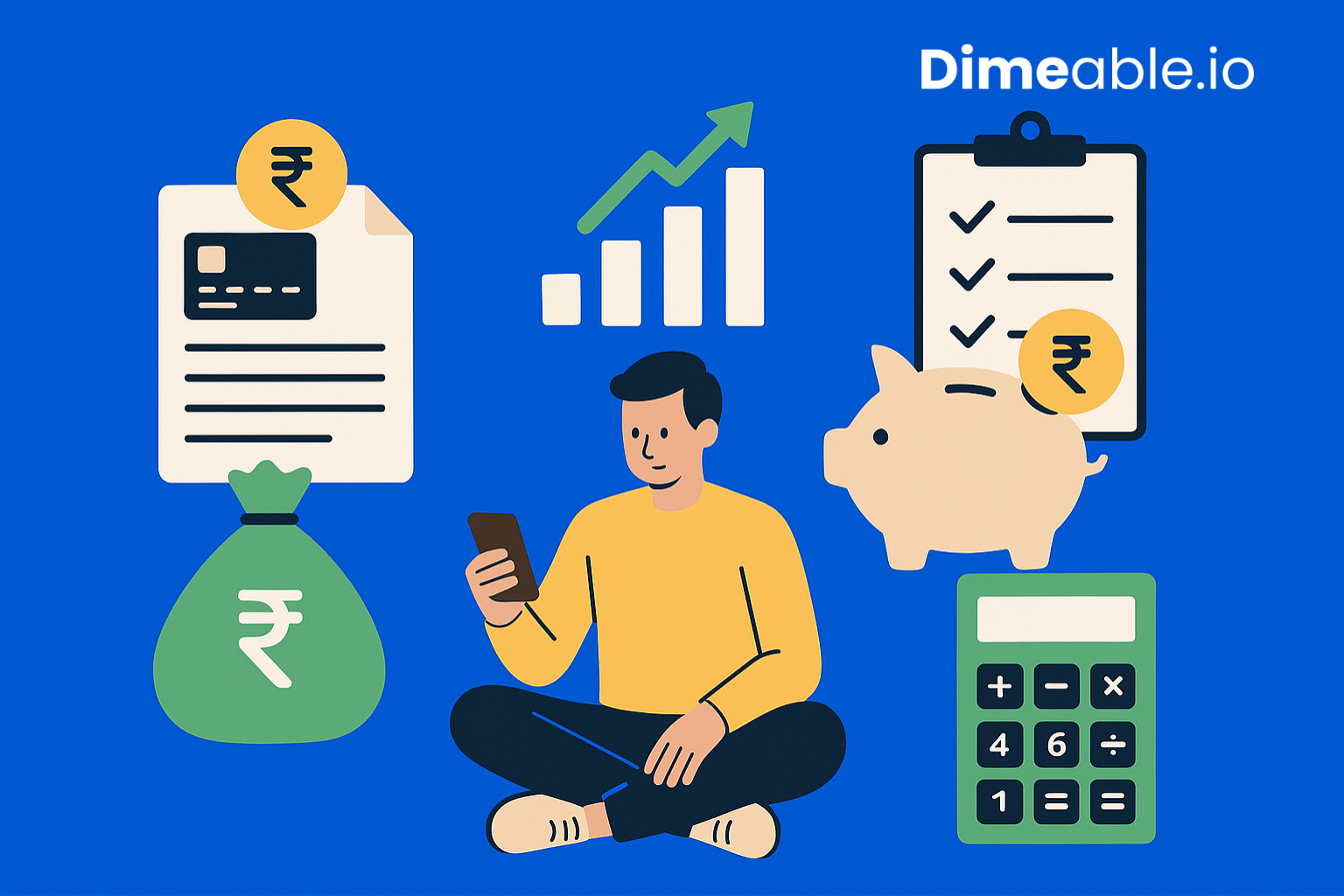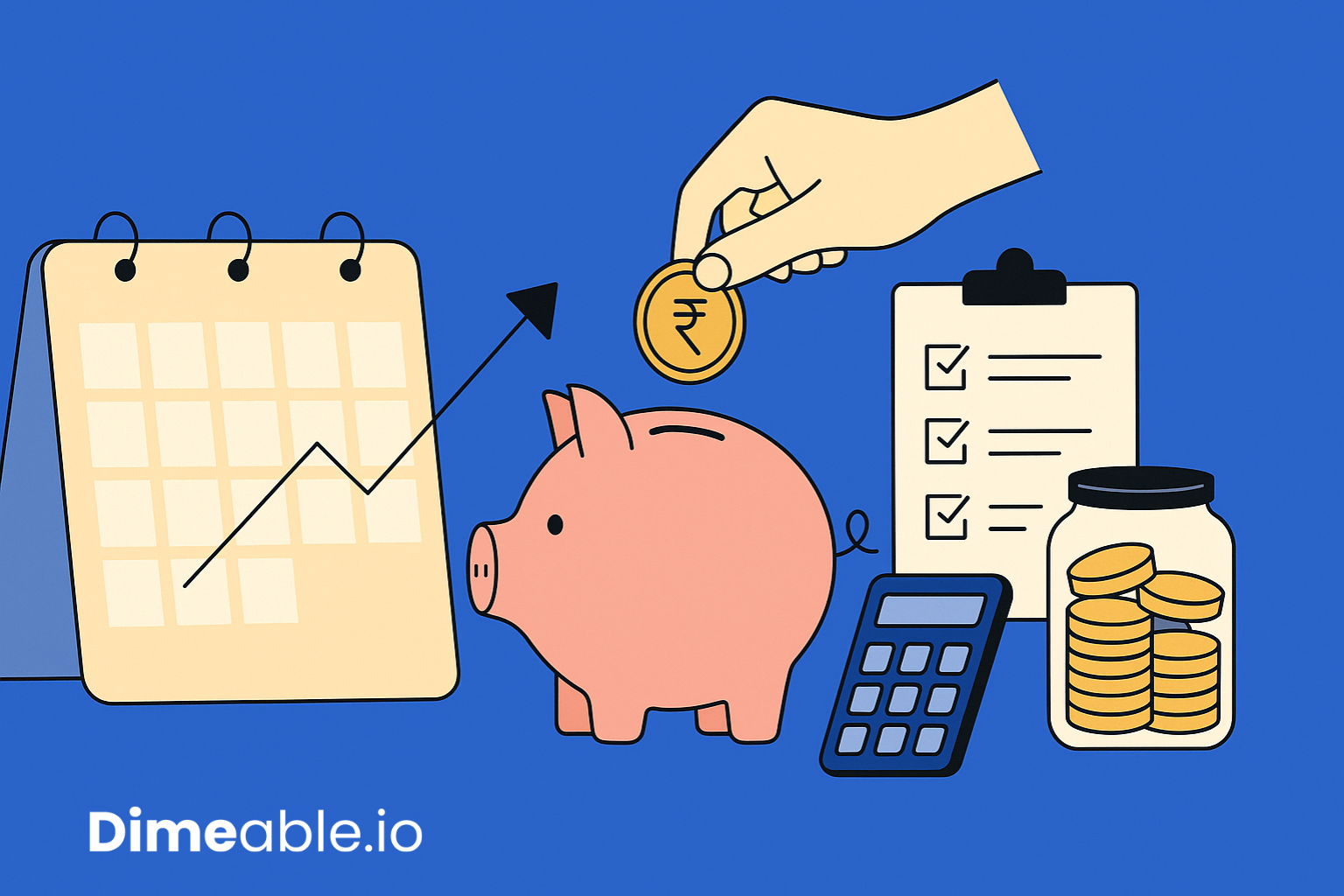First, What Does “Cash is King” Even Mean?
Formal definition:
“Cash is King” is a financial phrase that emphasizes the importance of liquidity — the ability to access cash or cash-equivalent assets easily — especially in uncertain times.
Explain-like-I’m-5 version:
It’s like always having your emergency snack in your backpack. If lunch is late or you’re hungry, you’re safe. That snack = cash. That lunch delay = life.
1. Liquidity: The Freedom Pass of Finance
Cash is quick, nimble, and drama-free. Unlike stocks or property, which take time to sell (and may crash while you’re waiting), cash is ready for action — no questions asked.
Imagine this: your car suddenly sounds like a tractor, and the mechanic wants ₹15,000 upfront. You could either:
-
Swipe a high-interest credit card and cry later.
-
Or just whip out your emergency stash and roll on.
Having cash is like having power. Silent, steady power.
2. Emergencies Don’t Text You First
The water heater explodes. Your pet swallows a Lego. The fridge dies the day before Diwali. Life loves surprise twists, and cash? It’s your buffer.
Having an emergency fund (3–6 months of expenses in liquid form) is the grown-up version of “being prepared.”
3. During a Crisis, Cash is a Shield
Rewind to March 2020. Markets crashed. Jobs disappeared. Rent was still due.
People with cash reserves? They slept (relatively) okay.
People without? They scrambled — selling investments at a loss, taking payday loans, or borrowing from family.
In a downturn, cash isn’t just king. It’s emperor.
4. Cash Lets You Buy When Others Panic
Warren Buffett once said, “Be greedy when others are fearful.”
Translation: when markets crash, it’s a buyer’s paradise — if you have the cash.
Cash gives you the firepower to pounce on undervalued stocks, properties, or even distressed businesses. Everyone else is panic-selling. You’re value-hunting. Legendary move.
5. Cash Keeps You Out of Bad Debt
If your only “emergency plan” is your credit card…you’re digging a hole with interest.
Using cash means no EMI stress, no 42% APR nightmares, and no “minimum due” traps. You stay in control.
6. In Business? Cash Flow > Profit
Companies collapse not because they’re unprofitable, but because they run out of cash.
Ask any startup founder: payroll delays, supplier pressure, or investor ghosts — cash is the cushion. Even a profitable business on paper can die without cash in the bank.
7. Cash Buys Peace of Mind
Let’s get real: money worries mess with your sleep, relationships, and confidence. But knowing you’ve got enough to survive a few tough months? That’s peace, baby.
You walk differently when you’re not living paycheck to paycheck. And that swagger? It starts with a cash cushion.
So… Should You Hoard Cash?
Not exactly. Too much cash can lose value to inflation. But having liquid cash (in savings, short-term FDs, or sweep-in accounts) is non-negotiable.
Balance it.
-
Emergency fund?
-
Some cash for opportunities?
-
Rest? Invest for growth.
Final Word: The King Ain’t Dead
In a world full of credit cards, crypto, and digital wallets, “cash is king” sounds old-school. But it’s more relevant than ever. It’s not about literal paper notes — it’s about liquidity, readiness, and resilience.
Cash doesn’t just help you survive. It helps you thrive when others can’t.
FAQs on “Cash is King”
Q1. Is it better to keep all my money in cash?
Nope. Keep just enough for emergencies and short-term needs. The rest should be invested smartly.
Q2. What’s a good place to park my emergency cash?
Look at high-interest savings accounts, liquid mutual funds, or short-term FDs. Easy access + some returns.
Q3. Isn’t investing better than holding cash?
Investing is great — for long-term growth. But without cash for emergencies, you might be forced to sell your investments at the worst times.
Q4. How much cash should I ideally have?
3 to 6 months’ worth of essential expenses. If you’re freelancing or in a volatile job, aim for more.



